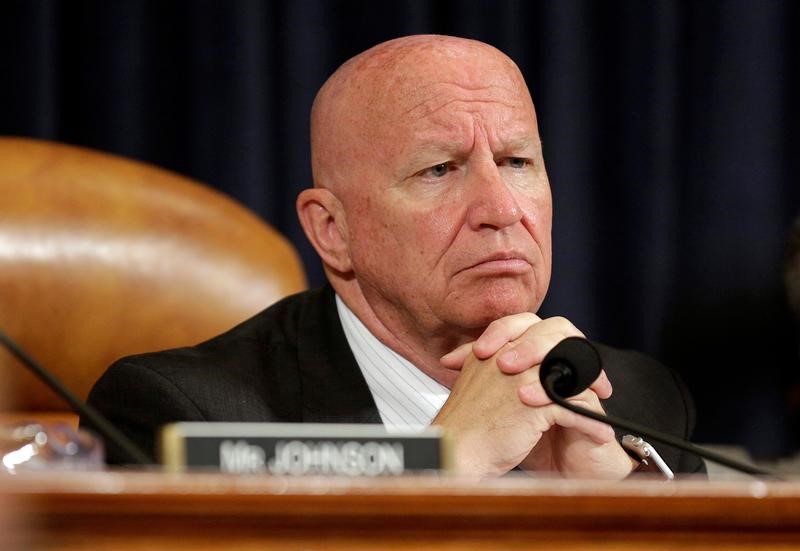By David Morgan
WASHINGTON (Reuters) - Nearly $1 trillion of taxes imposed by the Affordable Care Act will remain in place if the Senate fails to adopt legislation to dismantle the law known as Obamacare, the top Republican on tax policy in the House of Representatives said on Monday.
House Ways and Means Committee Chairman Kevin Brady told reporters there are no plans to use future tax reform legislation as a secondary route for abolishing the Obamacare levies, should the Senate healthcare effort stall.
President Barack Obama's signature healthcare law is funded by a range of taxes on businesses, individuals and investments that Republicans have long sought to eliminate as part of their drive to demolish Obamacare.
But failure to overturn the healthcare law could constrain the scope of tax reform, which President Donald Trump and his fellow Republicans have billed will be the biggest overhaul of the U.S. tax system since the Reagan era.
"We have never planned to import that $1 trillion of taxes into the tax reform effort," said Brady, one of six principals involved in closed-door discussions to reach agreement on a sweeping tax reform package.
"Those taxes are a big drag on the economy, and I think, very harmful for local businesses and those who have healthcare, which is why it's critical that the Senate complete its work."
Brady said tax reform legislation would have a harder time lowering taxes without healthcare legislation. House Republicans, including Speaker Paul Ryan, say that eliminating Obamacare's taxes would make it easier for tax reform to include big tax cuts by lowering the revenue target that tax legislation would have to hit.
Brady spoke just before the nonpartisan Congressional Budget Office released a widely anticipated analysis of Senate legislation to repeal and replace much of Obamacare.
The CBO report showed that the Senate healthcare bill would eliminate about $700 billion in Obamacare tax revenues over a decade. That is nearly $200 billion less than the tax cuts in the healthcare bill that passed the House last month, which reduced health coverage more dramatically and cut the federal deficit by less.

Senate Republican leaders want to hold a vote on their bill this week. If the Senate approves the bill, the House and Senate would have to reconcile the differences and send a single piece of legislation to the White House for Trump's signature.